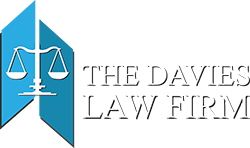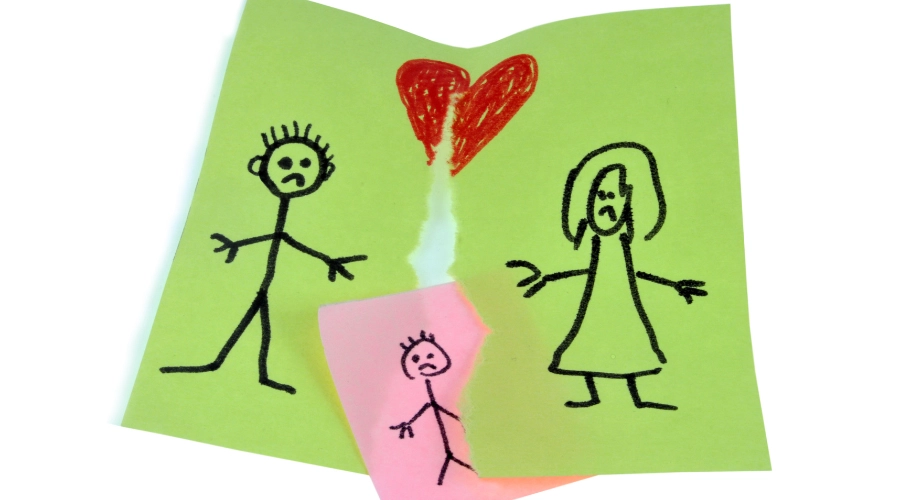Child support is a crucial part of ensuring that children receive the care and financial support they need, even when parents aren’t living together. In New Jersey, the law takes child support seriously. Non-payment doesn’t just create financial hardship for the custodial parent—it can also lead to some serious legal consequences. If you’re living in or around Hackensack, or anywhere else in the Garden State, it’s important to understand what could happen if child support goes unpaid and, more importantly, how to avoid legal trouble.
NJ Laws on Child Support Enforcement
In New Jersey, child support is governed by a set of clear laws meant to prioritize the well-being of children. The state takes enforcement seriously and has several mechanisms in place to make sure parents fulfill their financial obligations.
Once a child support order is established, the non-custodial parent (the one not living with the child) is required to pay a set amount to the custodial parent. This payment ensures that children have what they need to thrive, including food, clothing, shelter, and healthcare. New Jersey has a child support system that includes both direct payments and garnishments from wages if necessary.
If a non-custodial parent fails to make these payments, New Jersey courts have a variety of ways to ensure that support is paid. These include:
- Income Withholding: The state can deduct child support directly from your paycheck.
- Tax Refund Interception: If you owe back child support, the state may take your federal or state tax refunds to cover the arrears.
- Property Liens: The state may place a lien on property, such as real estate or vehicles, to recover the owed support.
Hackensack residents (like others in NJ) can expect the same enforcement actions through their local courts. So, no matter where you live in New Jersey, it’s clear that failing to pay child support isn’t something that will be overlooked.

Penalties for Non-Payment
The consequences for not paying child support in New Jersey can be severe and might include both civil and criminal penalties. Here’s what could happen if you ignore your child support obligations:
- Contempt of Court: The court could find you in contempt if you fail to comply with a child support order. This could lead to fines or even jail time in extreme cases.
- Wage Garnishment: As mentioned earlier, one of the first steps in enforcement is wage garnishment. This means that a portion of your paycheck will be automatically deducted and sent to your child’s custodial parent, so there’s no chance of avoiding it.
- License Suspension: If you’re behind on your child support payments, the state might suspend your driver’s license, professional licenses (such as those for lawyers or contractors), or even hunting and fishing licenses. This can create a ripple effect that impacts your personal and professional life.
- Arrest Warrants: In extreme cases where non-payment is persistent, a judge may issue an arrest warrant, leading to jail time. While this is usually reserved for the most serious cases, it’s still a real consequence of ignoring child support obligations.
- Credit Score Damage: Non-payment could also negatively impact your credit score. If arrears are reported to credit bureaus, it might make it difficult for you to secure loans or even rent an apartment in the future.
How to Avoid Legal Issues
Understanding the consequences is important, but what’s even better is knowing how to avoid these issues altogether. Here are some helpful tips for staying on track with your child support payments:
- Set Up Automatic Payments: If you have trouble remembering to make payments, setting up automatic deductions from your bank account or paycheck can help. This ensures that your payments are made on time, every time.
- Modify Your Support Order: If your financial situation changes—whether due to a job loss, medical emergency, or other issues—don’t just stop paying. Contact the court to modify your child support order. This can adjust the payment to a more manageable amount, helping you avoid non-payment consequences.
- Communication is Key: If you’re struggling with payments, it’s essential to keep communication open with the other parent and the court. Let them know if you’re having difficulties. Courts are more likely to be understanding if you show a genuine effort to work with the system.
- Consult a Lawyer: If you find yourself facing legal action or unsure about your obligations, it’s always a good idea to consult with a family law attorney. They can guide you through the process, explain your rights, and help you find solutions.
- Stay Informed: Laws and enforcement procedures can change. Staying up-to-date on your obligations and understanding the enforcement mechanisms in New Jersey will help you stay ahead of any potential issues.
Child support is a responsibility that doesn’t just go away if you ignore it. In Hackensack, and throughout New Jersey, the legal system has a number of ways to ensure that child support payments are made. Whether it’s through wage garnishment, tax refund interception, or even jail time, the consequences of non-payment can be severe. The best course of action is to stay proactive, communicate openly, and make sure you’re always meeting your obligations.
If you’re ever in doubt or find yourself struggling, don’t hesitate to reach out for help. The goal is to ensure your child has everything they need to succeed—and that’s something everyone can support!





